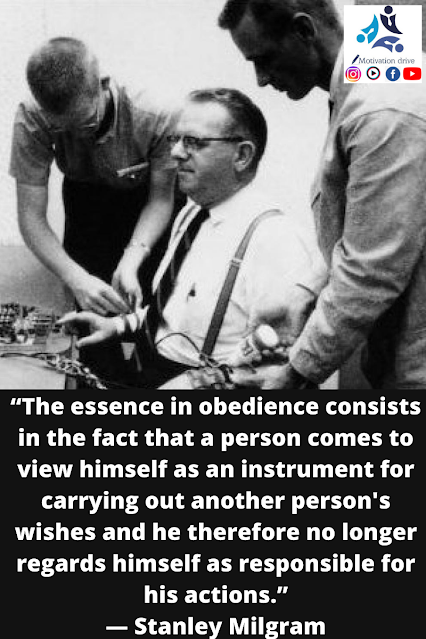Introduction Most people believe they struggle with decision-making because they lack intelligence. In reality, the problem is rarely about intelligence. It is about unfinished thinking. We often confuse quick reactions with thoughtful reasoning and assume that speed equals clarity. In truth, reacting is easy. Thinking well takes structure. Day after day, we face similar triggers, follow the same mental shortcuts, and arrive at the same predictable outcomes. We mix facts with emotions, risks with assumptions, and opinions with fear—all at once—and label it “thinking.” This mental clutter creates confusion, not clarity. What if the solution was not about being smarter, but about using a better system to organize our thoughts? This is where Edward de Bono’s Six Thinking Hats offer a powerful shift. Instead of letting thoughts collide randomly, this framework helps you think in sequence. Each “hat” represents a specific mode of thinking, allowing clarity to emerge step by step. When ...
Introduction
Milgram’s Obedience Study is one of the most famous studies of obedience in psychology. It was conducted by psychologist Stanley Milgram at Yale University in 1961. Milgram’s Experiment was conducted to study the conflict between obedience to authority and personal human conscience. It was mainly conducted to analyse the genocide that occurred during World War Two in Germany.The main aim of Milgram’s Experiment was to see how far people would go in harming a person in obedience to the authority figure.
Stanley Milgram Experiment
In July 1961, the Stanley Milgram Experiment began, that is, a year after the trial of Adolf Eichmann in Jerusalem. Milgram did this experiment to find the answer to the following question:“Could it be that Eichmann and his million accomplices in the Holocaust were just following orders? Could we call them all accomplices?" (Milgram, 1974).
Milgram wanted to investigate in 1963 that the common explanation given to the world for the Nazi killings in World War II was true or not that the Germans were following the orders of the authority figures.
For this experiment, 40 male participants were recruited who were unskilled to professionals between the ages of 20-50 on a wage basis. These 40 participants were introduced to another Milgram confederate participants. Draws were made where participants were always made teachers and Milgram’s confederates were the learners.
Milgram’s Obedience Study was done in two interactive laboratories at Yale University. One room that had an electric chair was for learners and another one was for teachers that had an electric shock generator. Learners were given a list of pairs of words to learners and teachers were asked to test them by naming a word and asking the learner to recall its pair by giving four choices.
Don't forget to watch the motivational biography of Michael Phelps:
Teachers were asked to give shock every time the learner gave a wrong answer, increasing the shock every time from 15 volts (slight shock) to 450 volts (severe shock). The learners gave wrong answers on purpose and for each wrong answer, there were given an electric shock, increasing with more wrong answers. The teachers were given four orders/prods from the experimenter every time the teacher refused to give a shock to learners.
Results
The results of the Stanley Milgram Experiment were shocking. Almost all participants gave a shock to 300 volts. 65% of teachers gave the highest electric shock to 450 volts. There were 18 variations in total, in which Milgram carried out his study by altering the situations to see how it affected obedience.Conclusion
Milgram tried to examine whether the justifications given by the accused at World War II in the Nuremberg War Criminal Trials for the acts of genocide were true or not. Most of the time their defence was based on "obedience". They said they were simply following the orders of their superiors.Milgram’s Obedience Study concluded that we are all brought up in a way that obedience to authority is ingrained in us. We can even harm/kill an innocent person if the orders are given by an Authority Figure. The chief finding of the experiment was that the adults had the extreme willingness to go to any lengths on receiving the command from an authority.


Comments
Post a Comment
Please do not add any spam link in the comment box